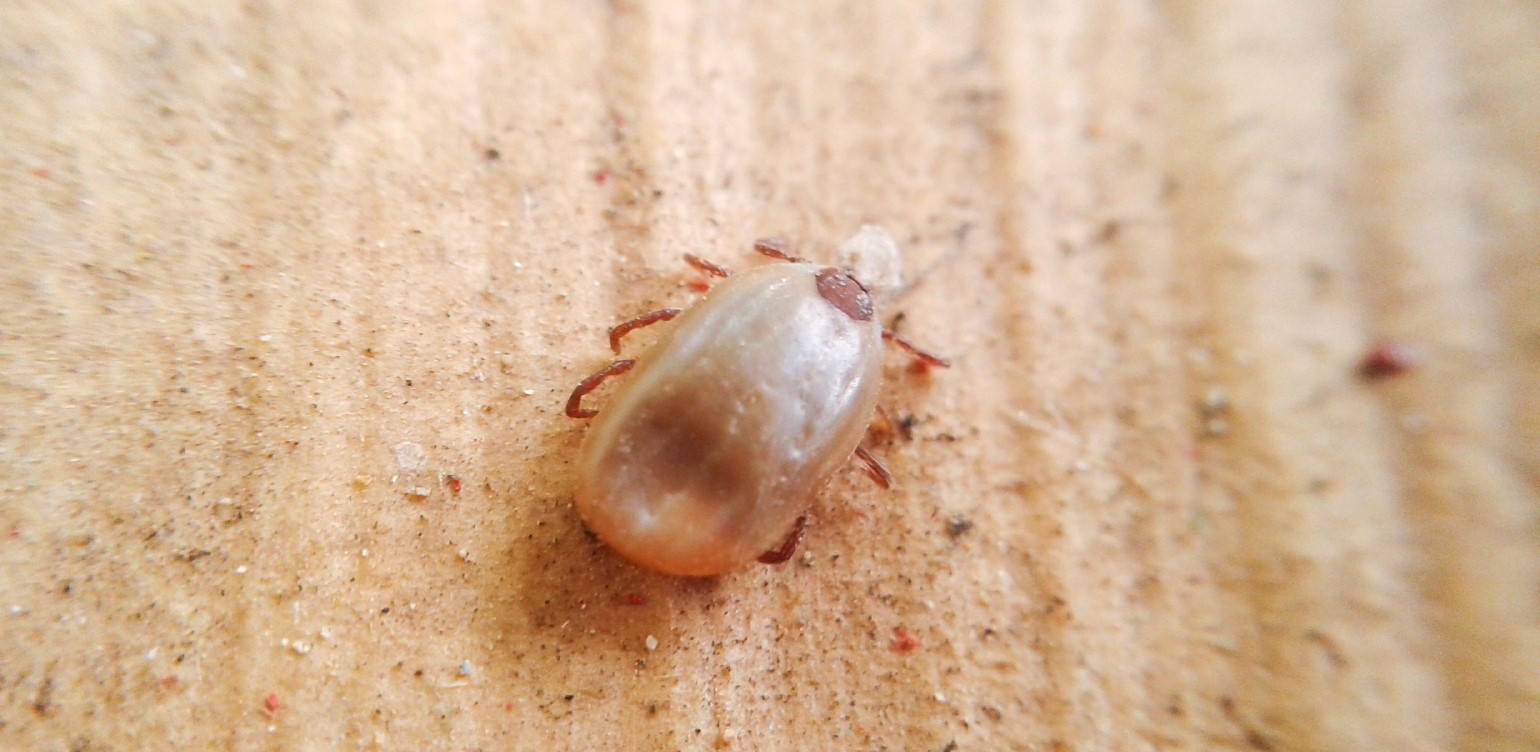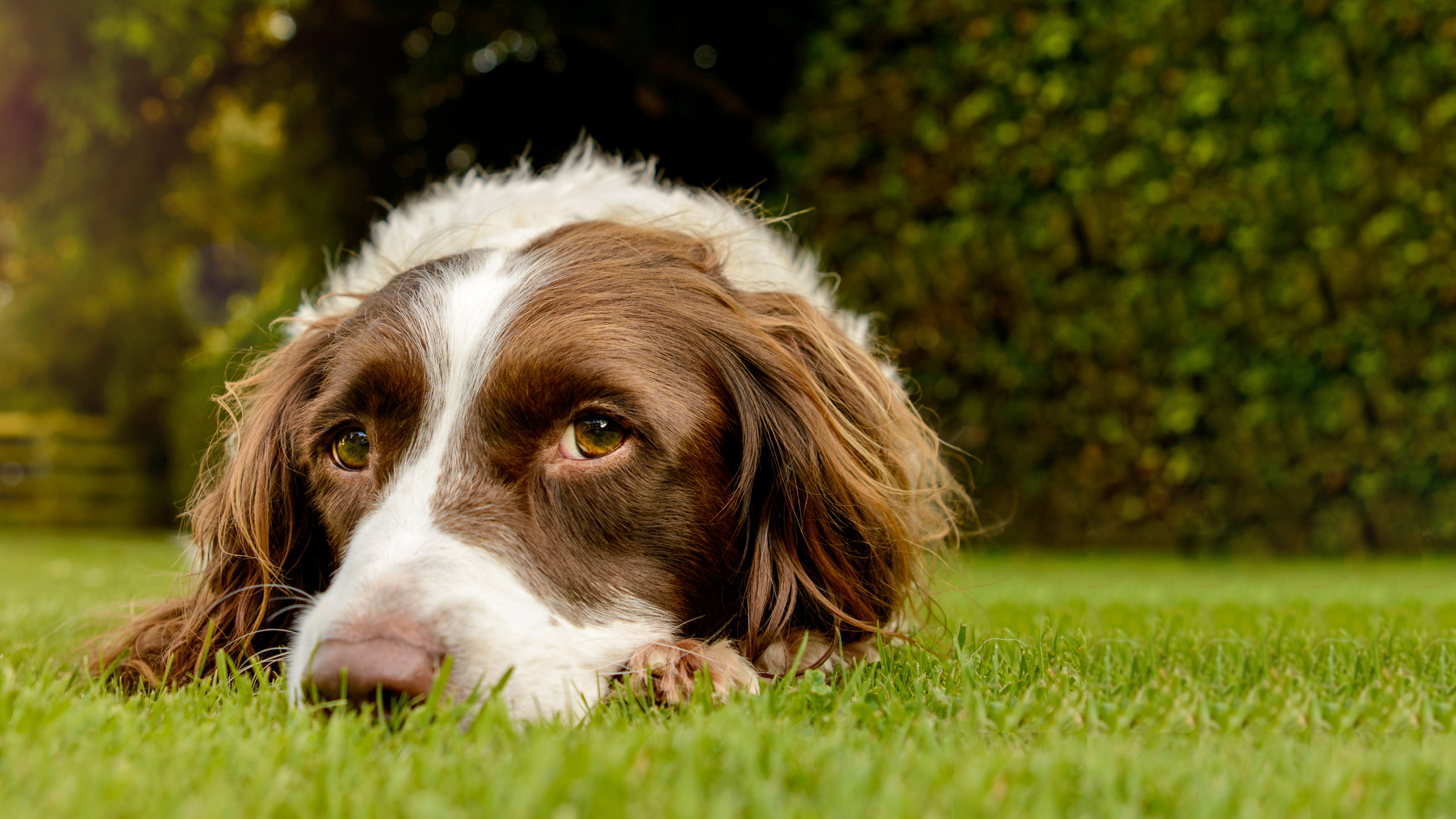Dog health advice
Dogs can be trusted companions, fun friends and great company. Owning a dog is a big responsibility, but put in the time to train and really get to know your four-legged friend, and you will enjoy one of the most rewarding relationships of your life. We can supply the hints, tips, advice and healthcare if you supply the infinite quantities of love and affection!
-

Fleas And Your Puppy
Understand the symptoms to look out for with your puppy as it may have fleas. Find essential advice and puppy flea treatment should yours have them.
-

Protecting Your Dog From Ticks
Ticks are specialised parasites with large jaws that attach to pets, & humans, & feed on their blood. Click to find out more about tick prevention for dogs.
-

Lungworm And Your Dog
Lungworm is a deadly parasite, which lives in slugs and snails. Keeping your dog protected against lungworm is a key part of keeping them happy and healthy.
-

Whipworms And Your Dog
Anecdotally, older dogs are more at risk of having a whipworm burden than younger dogs. Whipworms are blood sucking intestinal worms.
-

Roundworms And Your Dog
Roundworms are very common in the UK – in fact studies have shown that over 20% of dogs and cats may be actively infected at any one time! Learn more here.
-

Tapeworms And Your Dog
Find out the signs, symptoms, prevention and treatment of Tapeworms in your dog. Read professional advice that will help to keep your dog happy & healthy.
-

Protecting Your Dog From Fleas
Itching to protect your dog from fleas? They're a common complaint in dogs causing irritation, disease & tapeworms. Find out more about dog flea protection.
-

Lice And Your Dog
Lice live on the skin of your dog, and feed by chewing, or sucking blood. Lice can be very uncomfortable for your dog, and can make them itchy and sore.
-

Hookworms And Your Dog
Hookworms are small and difficult to spot, in large enough numbers they can suck enough blood to cause serious anaemia, especially in puppies.
-

Heartworms And Your Dog
Heartworms are thankfully not found in the UK, but are a serious risk for dogs that travel abroad. Click here to read more.
